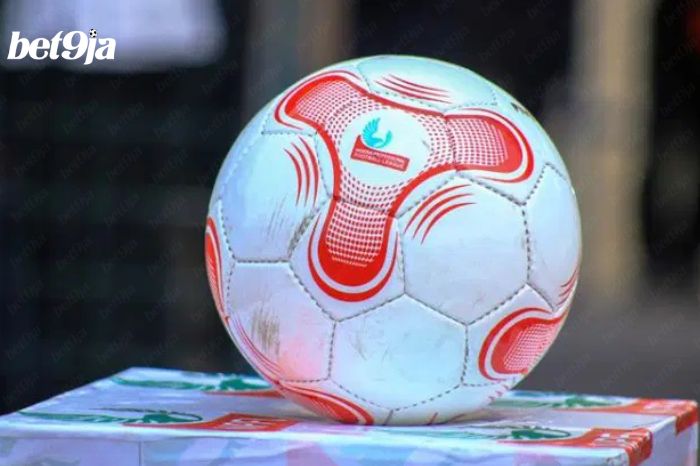Follow @Emiearth on X for more expert analysis.
For decades, football has captured hearts and dominated conversations across Nigeria, but the spotlight has mostly shone on the men’s game, often leaving the women’s side of the sport with a wink.
The Super Falcons, Nigeria’s senior women’s national team, have long been Africa’s most successful football side, with multiple African Women’s Cup of Nations (AWCON) titles and regular appearances at the FIFA Women’s World Cup.
At the 2023 edition, the team delivered a performance for the ages, going unbeaten in the group stage despite being drawn alongside Olympic champions Canada and co-hosts Australia — only to have their wings clawed-off by the Lionesses in the Round of 16 after a dramatic penalty shootout.
Yet, their achievements have often been met with far less recognition and support than their male counterparts.
But, that’s starting to change.
At the heart of this shift are trailblazers like Asisat Oshoala, a record six-time African Women’s Player of the Year. Her success in Europe, most notably at FC Barcelona, where she scored 85 goals in over 100 appearances – has redefined what’s possible for young Nigerian girls dreaming of a professional football career.
Alongside the forward is a steadfast guardian, Chiamaka Nnadozie—a human safety net between the posts who’s making remarkable strides in the City of Love, Paris. But these stars are just the tip of the iceberg. Beneath them lies the Nigeria Women’s Football League—a vital engine that has, over the years, fueled the country’s continental dominance and served as a launchpad for exporting talent abroad.
Across the nation, grassroots movements and foundations are also rising to the occasion, nurturing the next generation of female footballers through training, mentorship, and access to the beautiful game. These initiatives are crucial in a country where access to sports, especially for girls in rural and underserved areas remains limited.
Despite the visible progress at the grassroots level, funding remains a major challenge. Women’s teams often receive significantly less financial support than their male counterparts—a disparity made even more glaring when comparing the Super Falcons’ consistent success to the men’s team’s recent struggles.
Yet, the tide is beginning to turn—not only at the elite level, but across the entire football ecosystem. Schools, local clubs, and independent academies are starting to invest more in female talent. Campaigns for equal pay and improved conditions are gaining traction, and social media is helping players build their own platforms and tell their stories.
To sustain this momentum and elevate women’s football in Nigeria to the heights it truly deserves, there must be greater investment—not just from the government, but also from the private sector. The media plays a pivotal role too; improved coverage and compelling storytelling can shift public perception and boost visibility.
Most importantly, the commitment to protect and promote the women’s game must extend beyond tournament seasons—it must be year-round. Our girls, from cradle to tertiary should be able to dream not only of wearing the green and white jersey of the Super Falcons but also of playing in packed stadiums, earning a fair wage, and being celebrated as national icons.
From childhood through tertiary education, Nigerian girls should be empowered to dream not only of donning the green and white of the Super Falcons, but also of playing in packed stadiums, earning a fair wage, and being celebrated as national icons.
In just a few days, Nigeria will celebrate the U17 girls, the Flamingos, for securing the country’s eighth appearance at the FIFA U17 Women’s World Cup. Another testament that women’s football in Nigeria is no longer a mere footnote, but a headline.




2 Comments
by Jon Precious
A welcome development and we hope this change continues, and Nigerian Female footballers continue to perform exploits both in the national and international scene.
Big ups to our Flamingos!!
by Woman's Football Betting
This is a fantastic article! It’s great to see the Super Falcons finally getting the recognition they deserve. The success of players like Oshoala and Nnadozie shows how much talent there is in Nigeria. I’m hoping this momentum continues and leads to even more investment in the sport. It would be amazing to see more widespread interest, especially with things like Woman’s Football Betting becoming more popular. It’s a great way for fans to engage with the game and support the players.